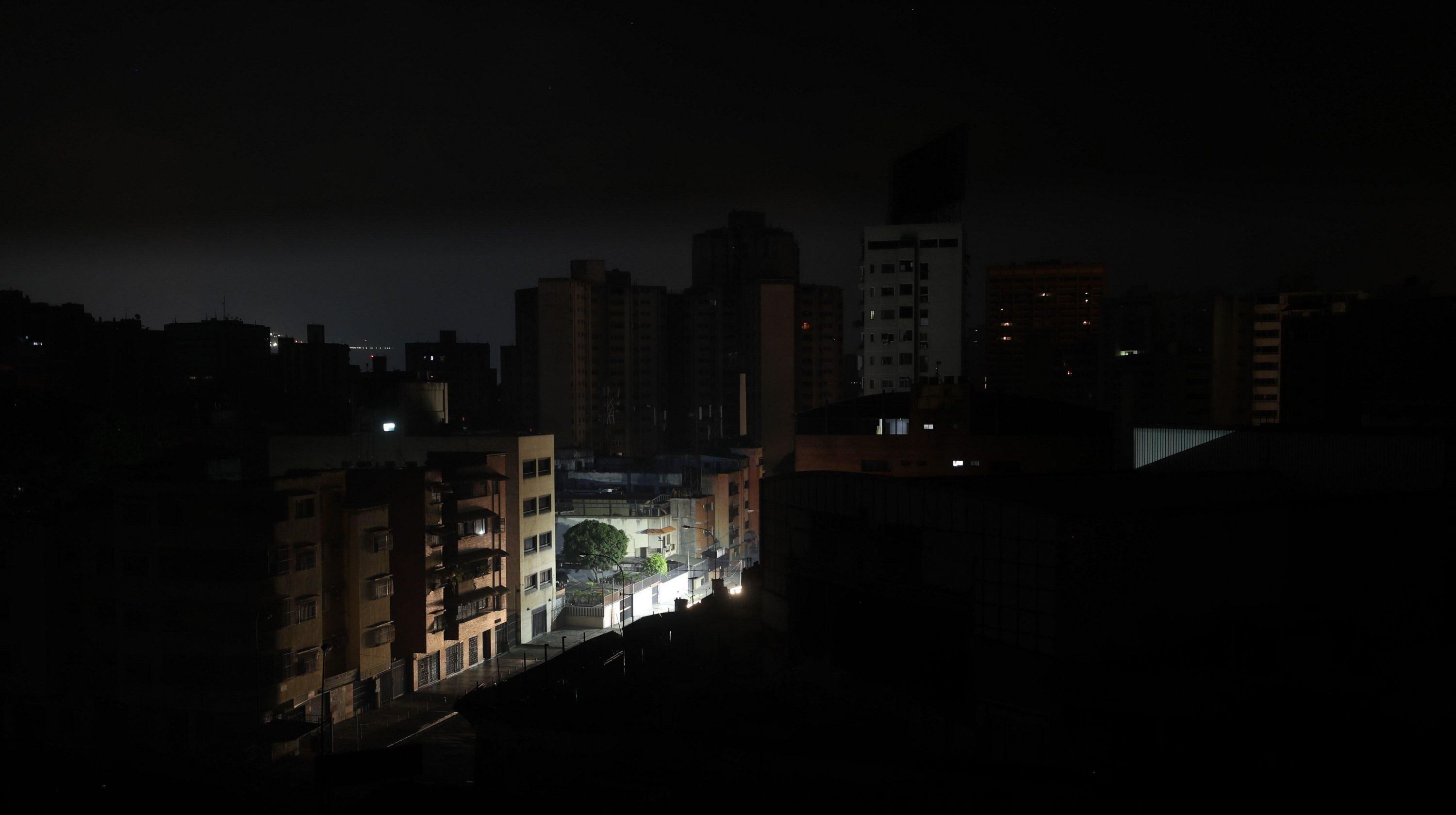
The Venezuelans They are facing rapidly rising utility rates as subsidies from the cash-strapped government dwindle, with many diverting much of their wages to electricity and water payments when frequent power outages occur.
Residents of several cities in the country and business owners told Reuters that since the beginning of this year the bills for water, electricity, gas and telephone have been increasing, at a time when the Venezuelan government has urgent resources for the better flow of oil revenues. .
“Rates go up and we still don’t have good servicessaid María Rodríguez, 36, a speech therapist who lives in Valencia, capital of the central state of Carabobo, where there are frequent power outages.
Rodríguez this year has paid the equivalent of US$80 a month in services, twice as much as in 2022, which represents a third of his income, which is around US$300 a month.
For years, the tariffs remained frozen because the government had high revenues, and they represented a minimum expense for households and companies. But that policy changed with the turn taken by the Nicolás Maduro administration to cut public spending to stop the acceleration of prices.
Three years ago, the government began to reduce subsidies by allowing adjustments in internet rates and garbage collection, and now allows the state companies that manage the services to raise water, electricity and telephone rates.
Annual inflation to April in the group of basic services was 325.4%, according to data from the Central Bank of Venezuela released last week. The price variation in telecommunications was 1.003% in the same period.
Venezuela’s communication and information ministry did not respond to questions about the subsidy cuts. The water ministry and state power company had no immediate comment.
Rate increases occur when wages stagnate. Earlier this month, President Nicolás Maduro announced that the monthly minimum wage would not rise above 130 bolivars, just over $5 at the official exchange rate, blaming US sanctions.
The average monthly salary of workers in the private sector was 142 dollars in the first quarter of the year, calculated the Venezuelan Finance Observatory, while salaries in the public sector average 35 dollars a month.
“There were so many years of lag (in rates) that any adjustment is impoverishing”, said the economist of the local firm Ecoanalítica, Luis Bárcenas. “The public sector does not want to continue having the burden of the subsidy. It’s a way to cut spending.”
Mónica Ochoa, president of the Chamber of Commerce of Ureña, a town in the Táchira state bordering Colombia, said that the increase in the costs of services was affecting companies when sales are low.
“Companies that paid the equivalent of $290 in services in March paid $560 in April. If not enough is being produced, how can you cancel a public service?”, he added.
Amid higher rates, Venezuelans face service cuts due to deteriorating infrastructure after years of disinvestment and mismanagement, analysts say.
In 12 cities in Venezuela, 37% of their residents said they suffered from two to six hours of daily power interruptions in March, according to the Public Services Observatory. In the measurements, 54% of the citizens said that there are inconsistencies in the water supply.
“When they announced that they were going to charge the electricity, I thought that we were not going to go through this anymore (power outages). But it is not possible that we spend days without lightsaid Adalberto Briceño, a retiree who lives in Maracaibo, the capital of Zulia state.
To guarantee services, many have had to look for options ranging from power plants to drilling water wells, purchasing cisterns and storing water in tanks and containers.
“The lack of water hits. We had to adapt our activities according to the time that the service came two or three days a week”, said Angélica Paredes, a resident of a popular area in eastern Caracas where a well was recently drilled. “We now expect to have water all the time”.
Source: Gestion
Ricardo is a renowned author and journalist, known for his exceptional writing on top-news stories. He currently works as a writer at the 247 News Agency, where he is known for his ability to deliver breaking news and insightful analysis on the most pressing issues of the day.












